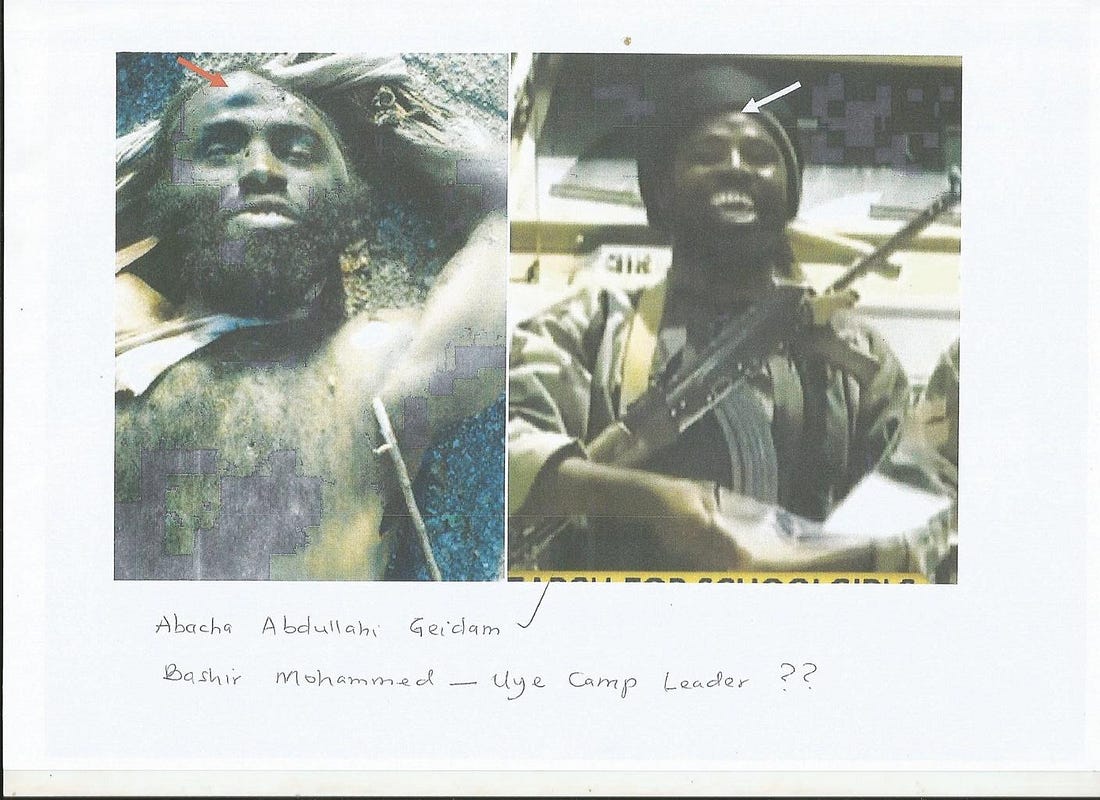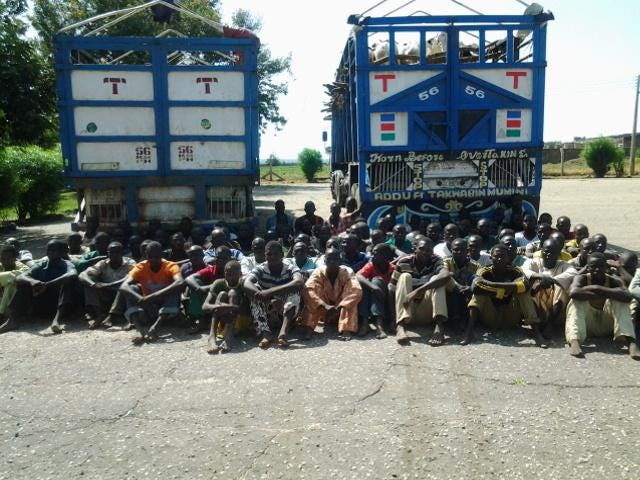It was a good week for Nigeria’s armed forces. First, they repelled repeated attacks by Boko Haram fighers on Konduga, a city close to the provincial capital Maiduguri.
Then, the army took advantage of a breakdown in the insurgents’ communications to lay a trap for Boko Haram’s leader Abubakar Shekau,reportedly killing him.
Weirdly, the Nigerian government insists the man its troops killed was actually an imposter of sorts—someone who had assumed the identity of aprevious leader the military killed last year.
In the aftermath of the ambush, Hundreds of demoralized Boko Haram fighters reportedly surrendered to Nigerian and Cameroonian forces. The Nigerian army’s Twitter stream is making ample use of the hashtag #VictoryforNigeria.
So is everything going to be okay in northeastern Nigeria now? Almost certainly not. News of the army’s victories seems legit, but doesn’t mention any of the towns that Boko Haram captured in recent weeks. Are they still under insurgent control?
The insurgency still dominates large swathes of Nigeria—and even if the army’s assessment of Boko Haram’s losses is accurate, the group lost only around 1,000 fighters in recent weeks. One recent estimate put Boko Haram’s overall strength at between 5,000 and 10,000 fighters.
Many of these fighters aren’t members of the group by choice. Boko Haram forced them to join up. Maybe inspired by the successes of the Islamic State group in Syria and Iraq, Boko Haram had been frantically expanding in recent weeks.
It’s possible that the group overextended itself. It’s possible that Boko Haram, leaderless and in disarray, could collapse. This could give the forced conscripts a chance to abandon Boko Haram and return to their civilian lives, further sealing the group’s fate.
 Boko Haram’s leader and his alleged corpse. Nigerian army photos
Boko Haram’s leader and his alleged corpse. Nigerian army photos
But even in this best-case scenario, the region will have to contend with hundreds or even thousands of hardened fighters just hanging around with no leadership.
And don’t forget the Civilian Joint Task Force, a loose confederation of vigilante groups that opposed Boko Haram. Nigeria’s security services cooperated with the task force for a while, but now seem at a loss as to how to get rid of it.
 Boko Haram fighters surrendering. Nigeria army photo
Boko Haram fighters surrendering. Nigeria army photo
The conflict’s root causes persist. The government has no feasible strategy for ending abject poverty and corruption in the northeast. Also, three have been allegations that influential northern politicians initially supported Boko Haram in order to position themselves for the 2015 presidential elections.
If that’s true, those politicians are still around—and still represent a danger.
Finally, the Nigerian army has apparently used the Boko Haram threat to argue for increasing its budget and acquiring costly weapons. It’s unlikely that the generals will want to give up on their higher stipends, even if that means that a certain level of insecurity persists.
No comments:
Post a Comment